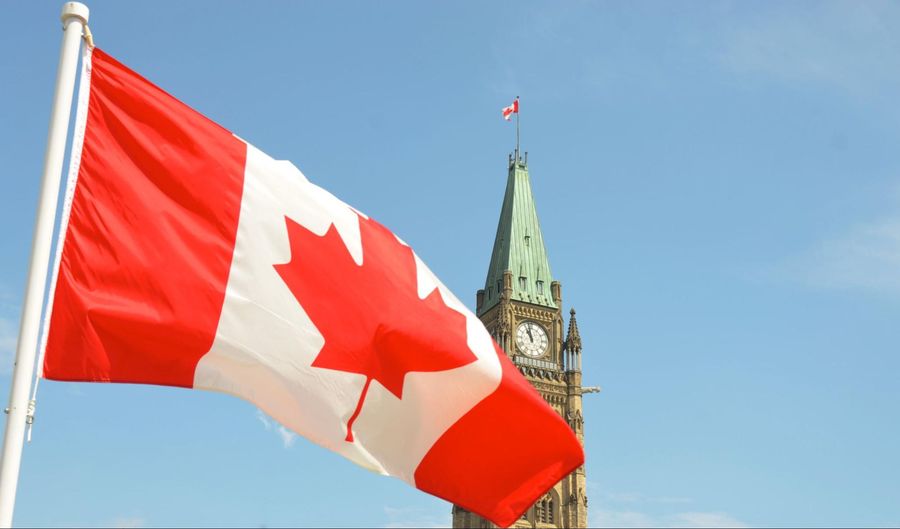The federal government’s Canada Greener Homes Grant is proving wildly popular after coming online less than a month ago.
The grant, which will draw upon a $2.6 billion pool and is targeting 700,000 homes nationwide over seven years, provides Canadians with up to $5,000 to make energy-efficient retrofits that follow EnerGuide standards to their homes.
“We’ve had a huge uptake since the program started,” said Jordan MacDonald, president of ThermalWise, a building performance consulting company in Atlantic Canada. “We have a team of energy advisors in New Brunswick and Nova Scotia. We were providing a similar service before the Greener Homes program, but we’ve seen a tenfold increase since the government launched it and we’re in the midst of increasing our staffing.”
The upgrades covered include building envelope insulation, air sealing, replacing windows and doors with energy-efficient units, and installing air or ground source heat pumps, which function better in colder climates.
The Canada Greener Homes Grant also covers renewable energy, which can involve installing photovoltaic panelling to regenerate electricity that’s used in the home, and in some cases is fed back into the grid.
“Air sealing is certainly a low-cost energy upgrade that can dramatically improve comfort in the home and reduce energy consumption. Part of the EnerGuide evaluation is doing a test to depressurize the house to identify areas of home leakage,” MacDonald said, referring to the most popular upgrades grant users are opting for. “Basement insulation and adding more attic insulation are also quite popular. For a home that is re-siding, meaning it’s coming up to needing the siding replaced, adding rigid exterior insulation to the house has been popular, as are building envelope upgrades and heat pumps.”
The Canada Greener Homes Grant is also being touted as a way to boost the economy by creating what the government says are 110,000 jobs.
“We worked with Statistics Canada on the model of the program—we think it’s about 110,000 direct and indirect local jobs in their communities,” Minister of Natural Resources Seamus O’Regan told CREW. “We’re also taking into account the recruitment, training and mentoring of up 2,000 EnerGuide energy advisors.”
The incentive for Canadians to take advantage of the program is that energy efficiency upgrades, in addition to creating a healthier environment, can augment home values, added Minister O’Regan.
“Any time you improve your home, one would think it increases the value, but you’re also going to see an increase in the literacy of this,” he said. “People want to be able to do something to combat climate change, which seems so insurmountable that there is an appetite out there amongst Canadians to do their part. The only way this will work, aside from the fact that we’re talking about 1.5 megatons of greenhouse gas reductions beginning in 2027—that is sizeable—but in order for change to be expandable, I think people need to benefit from it and save money. This is not just about lowering emissions and creating good jobs, it’s also about lowering Canadians’ energy bills and that’s how it will be sustainable.”
Neil Sharma is the Editor-In-Chief of Canadian Real Estate Wealth and Real Estate Professional. As a journalist, he has covered Canada’s housing market for the Toronto Star, Toronto Sun, National Post, and other publications, specializing in everything from market trends to mortgage and investment advice. He can be reached at neil@crewmedia.ca.









